Tech
Sign up for our newsletter
We summarize the week's scientific breakthroughs every Thursday.
-
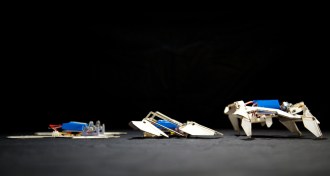 Tech
TechRobots start flat, then pop into shape and crawl
The machines use heated hinges to transform into shape and crawl around.
By Meghan Rosen -
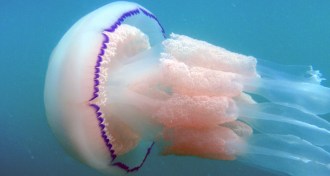 Computing
ComputingBarrel jellyfish may hunt with new kind of math
Barrel jellyfish use a new type of mathematical movement pattern to forage for food, a new study suggests.
-
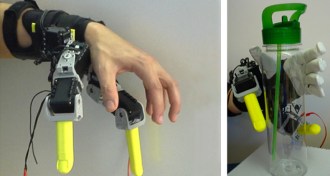 Tech
TechWith two robotic fingers, humans get a helping hand
Mechanical fingers grasp like the real thing.
By Meghan Rosen -
 Tech
TechSmall lies in social networks may keep society running
Lying in social networks could have adverse, as well as beneficial, effects depending on the severity of the deception.
-
 Materials Science
Materials ScienceWeird materials could make faster computers
Topological insulators could speed up how computers switch between 1s and 0s.
By Andrew Grant -
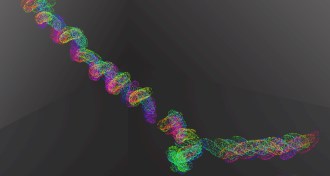 Life
LifeBacteria’s bodies do whirlies to help them swim
Kidney-shaped Caulobacter crescentus bacteria swim with both their corkscrew propellers called flagella and their bodies, scientists say.
-
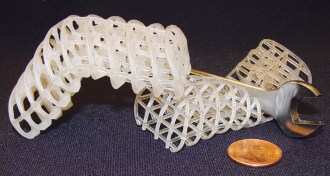 Tech
TechWax-coated plastic morphs between soft and stiff
Heat-controlled materials could serve as skeleton for shape-shifting robots.
By Meghan Rosen -
 Tech
Tech1960s research paid off in automotive safety
Scientists in 1964 were studying shatterproof glass, which was mandated just a couple of years later.
-
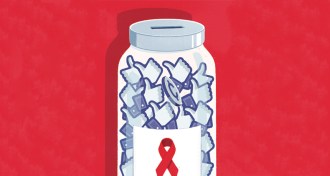 Psychology
PsychologyOnline causes may attract more clicks than commitments
Online awareness campaigns can make people feel they’ve contributed to a good cause, but social scientists say the tangible benefits of such efforts may be small.
By Bruce Bower -
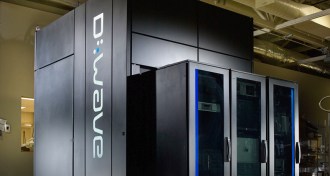 Quantum Physics
Quantum PhysicsCommercial quantum computer fails to impress in new test
Fifteen million dollar D-Wave machine runs no faster than traditional computer in head-to-head challenge.
By Andrew Grant -
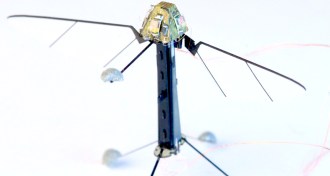 Tech
TechRobo-fly steadies flight with onboard sensor
Scaling a robot to the size of a fly and stabilizing its flight with onboard sensors offers clues to how live insects stay steady in mid-air.
-
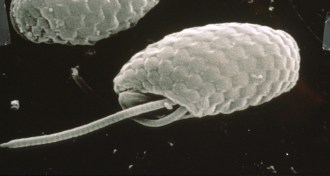 Life
LifeGenetic mutation quenches quantum quirk in algae
Studying algae that can and cannot use quantum coherence to harvest light could lead to better organic solar cells and quantum-based electronic devices.